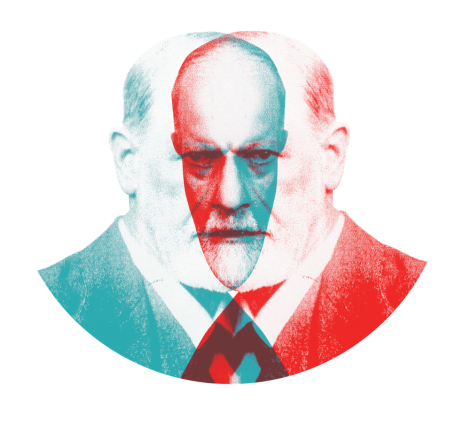One in five children under the age of 18 have a diagnosable mental health issue. 70 to 75 percent of mental illnesses appear before the age of 20. Only one in six have access to the treatment they might need.

MEDIA PHOTO
All of these are reasons that youth mental health is an important topic of discussion, according to child psychologist Dr. Marshall Korenblum. He was speaking at the Youth Mental Health Symposium on the last day of Rendezvous with Madness, a six day festival showcasing films from Canada and abroad with a focus on mental health.
“The goal of the festival is to sort of expose people to mental health and to decrease stigma, eliminate discrimination and prejudice that goes toward a lot of people with mental illness and addiction,” said program manager Jeff Wright in an interview with The Varsity. The festival is presented by Workman Arts, a local organization that provides training and opportunities for artists with mental illnesses.
While the festival explored a variety of angles and perspectives on mental health, it was bookended by art representing the experiences of children and adolescents.
The opening night was a screening of Destin Daniel Cretton’s Short Term 12, a startling and engrossing film about a foster care facility. The main character, Grace (Brie Larson), herself a survivor of abuse and her own mental health challenges, sees much of herself in new charge, Jadeyn, and goes to great lengths to reach out to her. The talented ensemble cast brings each characters’ story to life, creating a highly relatable and human portrayal.
Saturday afternoon’s symposium featured a pair of films, both documentaries, of treatment facilities and the experiences of the young people who go through them. Echoes of Short Term 12 were apparent in Allan King’s Warrendale, despite the latter having been made almost 50 years prior. A documentary filmed for the
CBC — which for decades refused to air it — Warrendale is an observational look at the treatment centre in Etobicoke, showing reactions of the children and the attempts of the staff to restrain and console them. In a subsequent discussion, Korenblum pointed out that it shares many themes with Short Term 12, and the other films show “how much has changed and how little has changed” in the field of mental health in the past 50 years. The second film, Nuria Ibañez’s The Naked Room, continues with the theme of emotional realism by presenting a series of interviews with children in a mental health facility in Mexico. The camera remains trained on each child’s face, even when their parents are the ones speaking, revealing every reaction and creating an remarkable amount of empathy.
The whole festival aimed to instill empathy in its audience members, as emphasized in the panel discussions following each screening designed to create conversations about mental health. “If people aren’t that familiar with mental health issues to come see a film, they might have thoughts or questions they might want to ask, and we sort of give that platform for them to ask and we have people there who can answer better than going home and googling,” said Wright.
Rendezvous with Madness certainly succeeded in making me think more consciously about mental health. Statistically, six of the 30 people on the streetcar ride home with me deal with these kinds of issues on a daily basis. I thought about what Wright said about what he learned while programming the festival: “You see people in the street and it’s a lot more evident how many people are affected by it, and that’s just visibly. And to think that so many people are suffering from mental illness without it being a visible thing, and maybe the stigma or prejudice that goes towards people with mental illness, not being able to speak about it or get help.”


